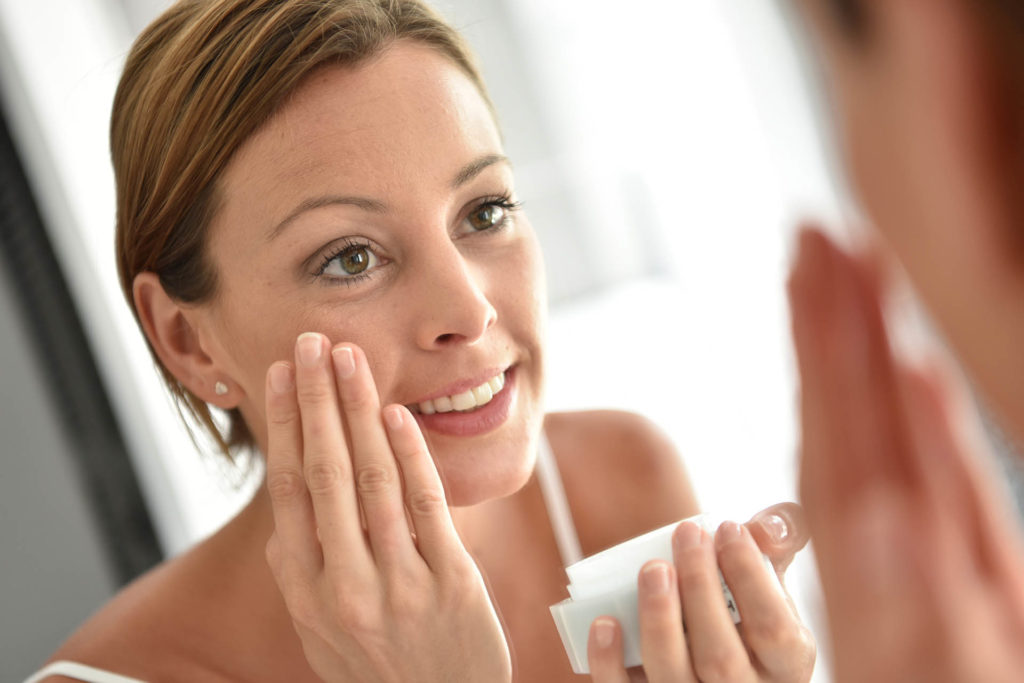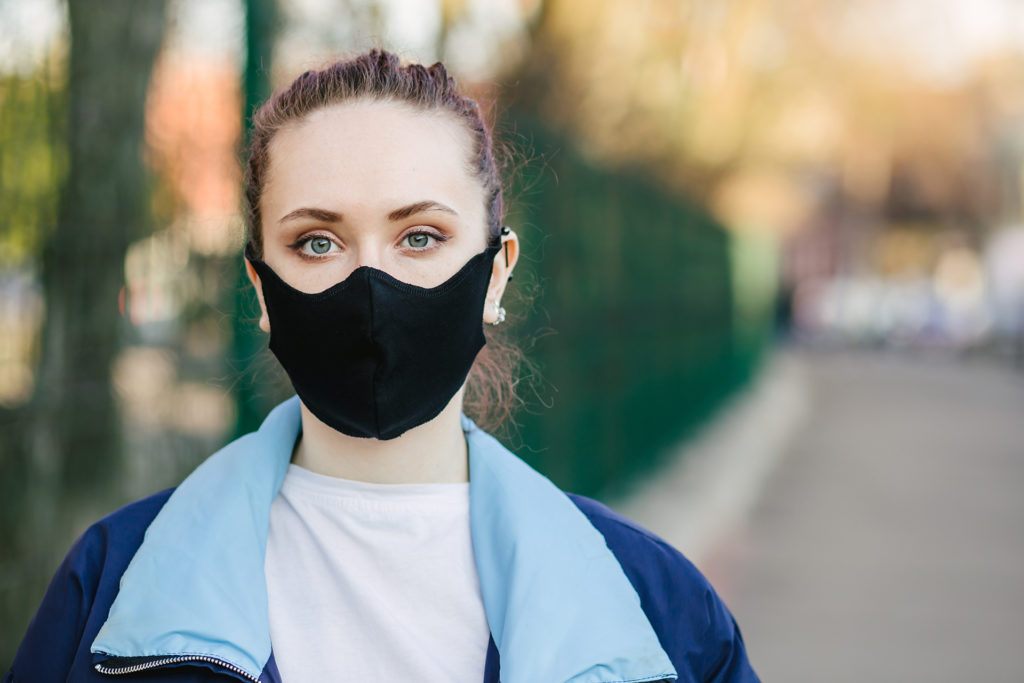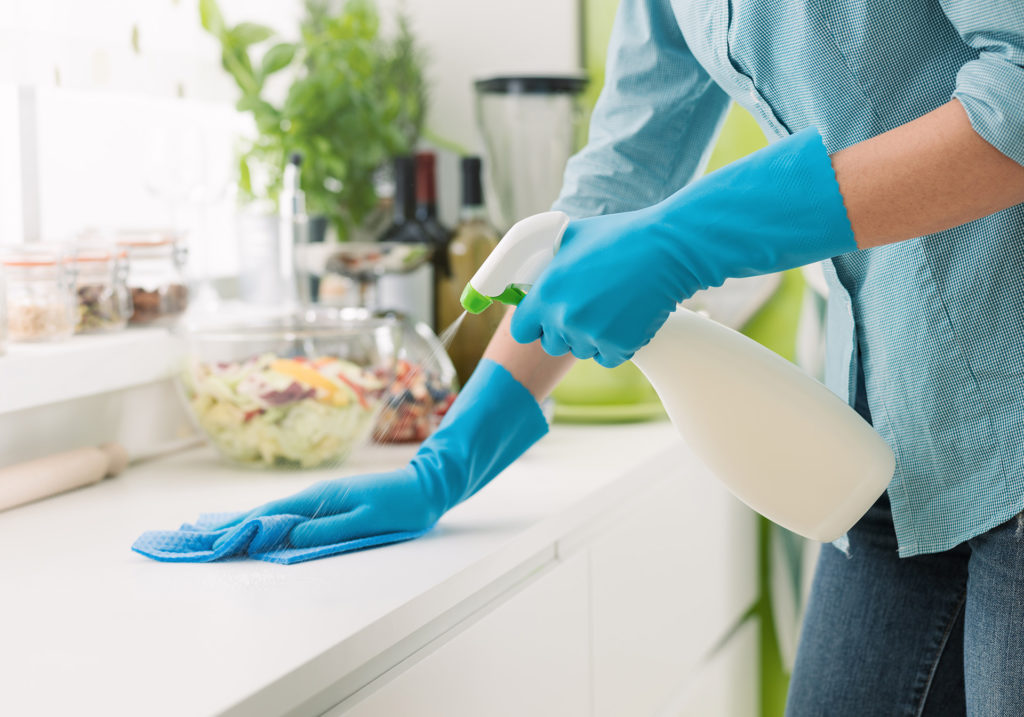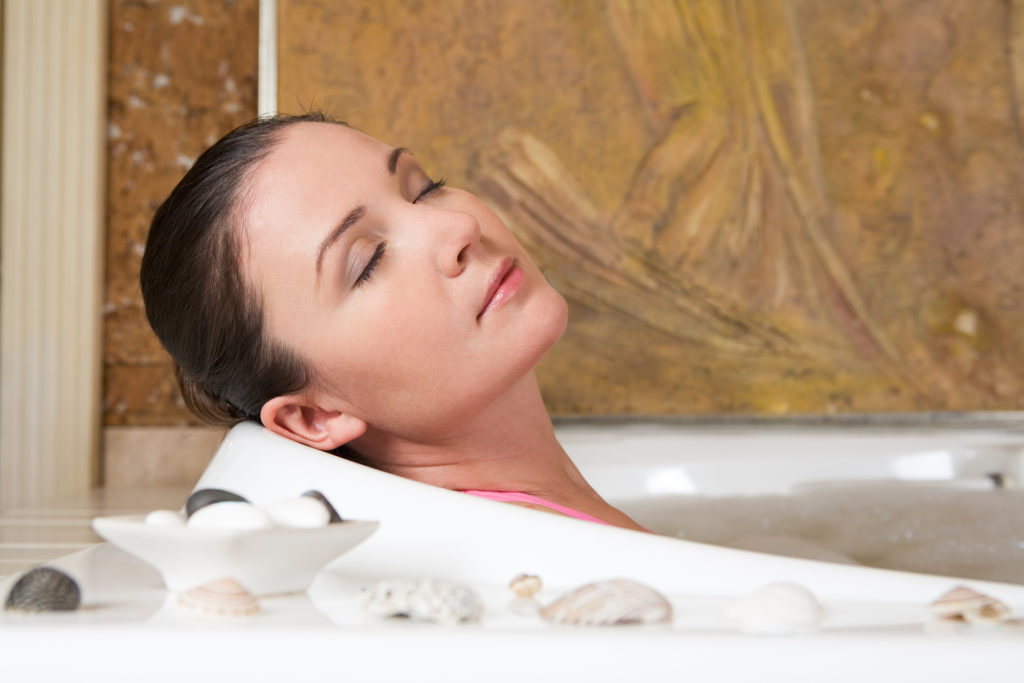A Dermatologist’s Guide To Winter Skin
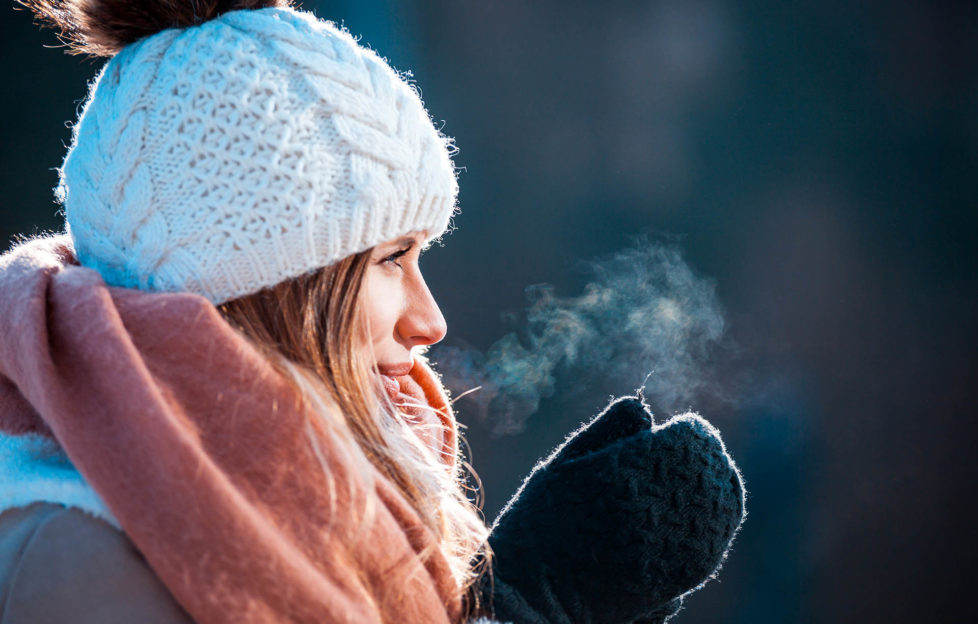
The cold weather is a catalyst for skin health woes with dry, itchy, red skin causing misery for many of us during the winter.
Consultant dermatologist for Stratum Dermatology Clinics (stratumclinics.com), Dr Adam Friedmann is here to answer the questions he gets asked most often and share some helpful hints and tips.
Why does a drop in temperature cause skin flare ups?
Winter adds an extra level of stress to managing dry skin with the colder weather sucking out moisture which is especially problematic when you have a pre-existing skin disease such as psoriasis or eczema. When your skin gets too dry, it can easily become scaly or rough which can lead to eczema or psoriasis flare ups.
The temperature changing from warm and cosy inside to chilly outside, also causes blood vessels to dilate, making the redness of acne rosacea appear much worse. The lack of sunlight also means we do not get the skin improvements we typically witness in the summer. Sunshine is particularly good at suppressing immune responses for eczema and psoriasis which often makes the skin disease much calmer during the warmer months.
Why does skin get drier as we get older?
As the skin gets thinner, natural oil production reduces, the concentration of natural moisturising factors (NMFs) in the skin, such as urea, also reduce, and the skin becomes less resilient.
Winter weather takes even more moisture out of your skin and when the skin is dry, its protective layer is compromised and becomes more vulnerable to damage which can lead to flaky, rough skin.
What can we eat to help keep skin healthy?
People with eczema, psoriasis and acne rosacea will all really benefit from eating a healthy and balanced diet to maintain one’s minerals and natural oils. Eating lots of vegetables and salads will help to soak up free radicals and may help the look and feel of the skin.
Vitamins A, B, C, D and E are good for skin health and keeping hydrated. These are all present in healthy balanced diets and the body has evolved to absorb what it needs and expel what it does not. Supplements may help in the case of dietary deficiencies or poor absorption and these may then help the body in its various functions of growth and repair for skin health.
How do moisturisers work?
The skin is made up of three layers — the outer keratin, epidermis and the dermis. If the outermost layers don’t contain enough water, skin will lose elasticity, look dry and feel rough.
Moisturisers add a waterproof coating onto the skin thereby reducing evaporative loss of water from the skin so the greasier the product, the better this function is carried out.
To make the moisturiser creamier and more acceptable, ingredients such as Nicotinamde, glycerol, urea, ceramides, and fatty acids are added to act like water magnets and hold onto water for longer.
How can a stressful lifestyle affect my skin?
It is a known fact that stress and exhaustion can worsen most skin diseases, so maintaining good physical and mental health by getting plenty of sleep, exercising and a good diet will all help ensure that your immune system is strong and will lessen the risk of stress or infection triggering a flare-up of eczema, psoriasis or acne rosacea.
Cutting out alcohol and cigarettes does also tend to help those that suffer with psoriasis.
Will wearing a face mask make my acne rosacea, eczema and psoriasis worse?
Those with pre-existing skin conditions such as acne rosacea, eczema and psoriasis could suffer with flare ups caused by wearing their face mask.
The accumulation of sweat and humidity clogs up pores and this irritates the skin further. This is made worse with heavy make-up which gets pressed into the skin at a deeper level. It is best to wear light make-up under a mask and to wash it regularly to keep it as clean as possible.
Top tips on keeping skin hydrated
There are steps you can take to achieve hydration, manage dry skin and reduce the chances of a skin flare ups.
1 Avoid prolonged contact with overly hot or cold water, especially if it contains detergents. Always use gloves for washing up or when cleaning to stop skin being irritated.
2 The mixture of hot water and cold temperatures can leave your skin feeling raw and exposed. Make your showers shorter and cooler rather than too hot which will remove moisture from your skin, while warm baths can help you relax and moisturise your skin, especially if you add oils.
3 Use a gentle non soap containing cleanser in the bath or shower. Avoid ordinary soaps and shower gels as these remove the natural oils from the skin. Wash with creams such as aqueous cream or Dermol.
4 Pat the skin dry after rather than vigorously towelling off and apply moisturisers to your skin.
5 Use a humidifier, especially in the winter months when the air is drier, when the skin is more prone to dehydration. Dry air is one of the most common eczema irritants and central heating affects our skin in the same way that air conditioning does — by removing the air of any moisture that dries our skin out.
6 Wrap up in the right clothes and avoid synthetic materials such as polyester and nylon which can cause us to sweat more and irritates eczema-prone skin. Try wearing clothes made from natural materials such as cotton, which will allow the skin to breathe and be less likely to become irritated.
7 Always wear gloves to protect against the cold and if you suffer with acne rosacea, wrap up with a scarf so your cheeks and nose are shielded against the wind when going outside.
8 Make sure you use laundry products that are specifically designed to be kinder to sensitive skin that don’t contain any unnecessary ingredients which could irritate skin – no enzymes, dyes, acids or perfumes.



